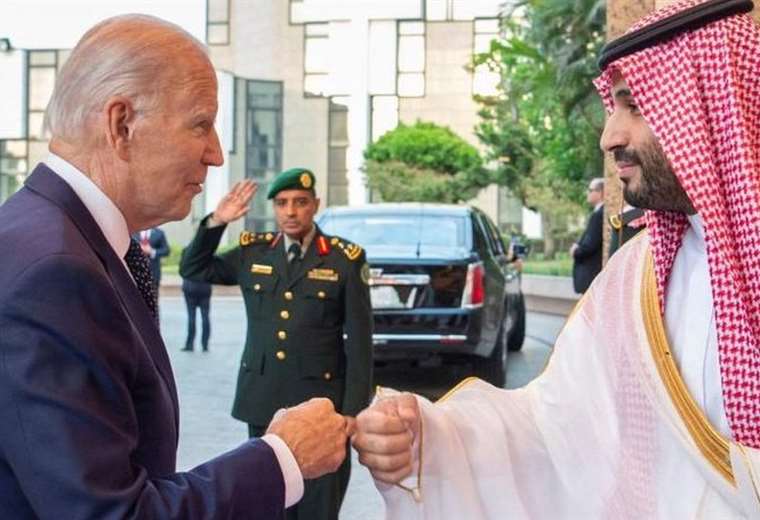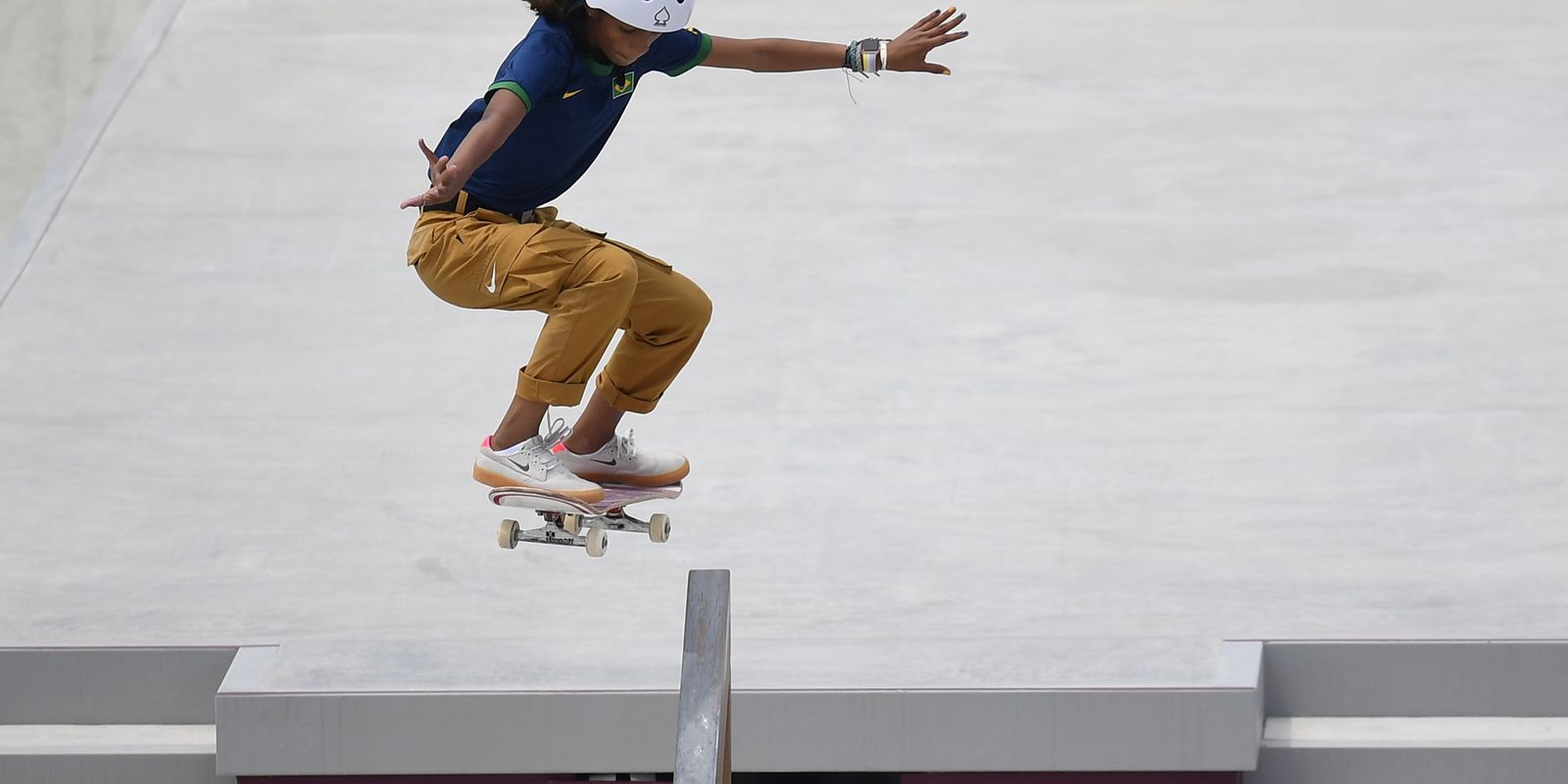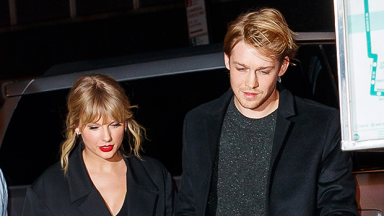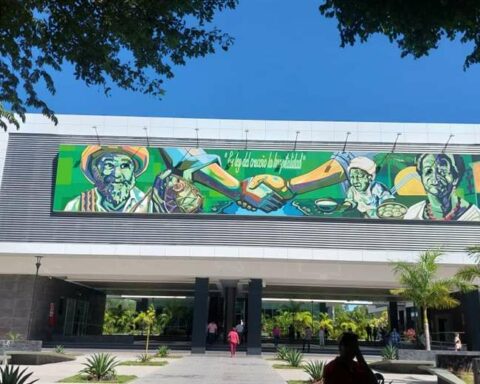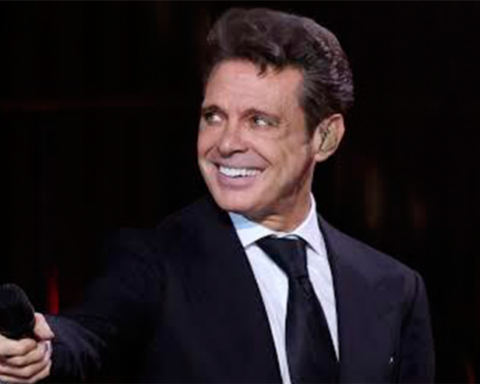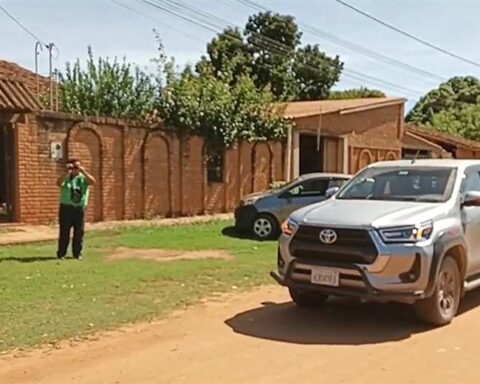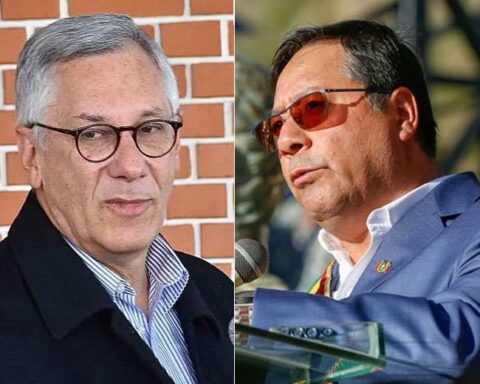July 16, 2022, 7:55 PM
July 16, 2022, 7:55 PM
It is an impressive photograph. The president of the United States and the man he had called an “outcast” bump fists in front of the gilded splendor of Jeddah’s royal palace.
Saudi Arabia was destined to be the most controversial stop on Joe Biden’s first trip to the Middle East as President of the United States.
Four weeks earlier, Biden had said he would not meet Crown Prince Mohammed bin Salman on his visit.
When he settled into the White House, in his first weeks in office, he even refused to speak to the de facto ruler of Saudi Arabia.
From “outcast” to partner
Biden referred to him as “outcast” in the 2019 election campaign.
He did so after the CIA concluded that the crown prince had approved the brutal murder of journalist Jamal Khashoggi at the consulate in Istanbul.
Bilateral relations were cold when the US president’s visit was announced.
The stage was set long before the sound of Air Force One’s powerful engines was heard in Jeddah.
Flags were displayed: the green and white of Saudi Arabia contrasted with the stars and stripes of the United States. The banners lined the main route from the airport to the royal palace, flanking roads that had been isolated and cleared. Police vehicles, their lights flashing in the sun, were stationed every few meters to maintain maximum security.
The Saudis knew that the world would be watching This meeting.
They wanted the rest of the Middle East and the international community to sit up and take note of their favored treatment by the President of the United States.
Activism and K’s murderhashoggi
In the hours after the talks between the two leaders here in Jeddah, I sat down for a chat with Saudi Arabia’s Minister of State for Foreign Affairs, Adel bin Ahmed al-Jubeir.
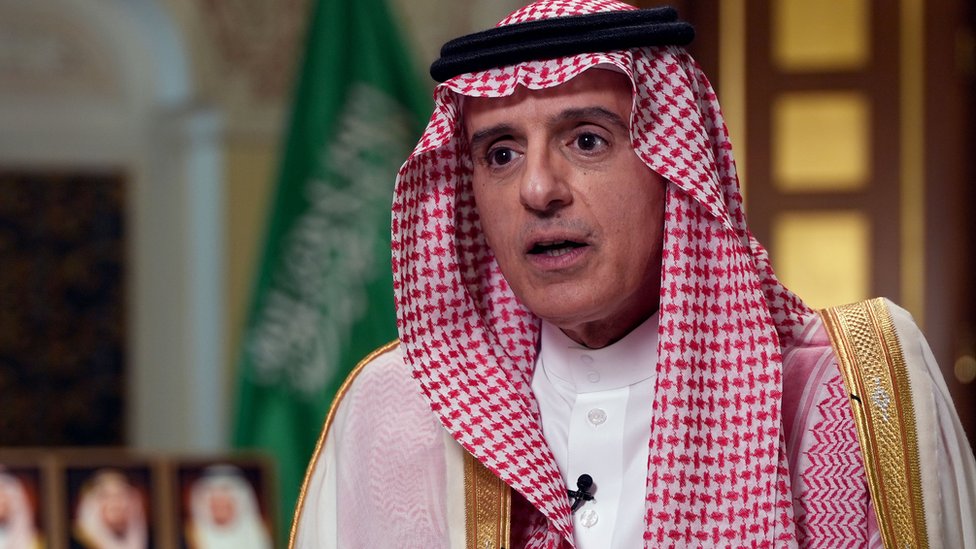
I pressed him to explain why, despite the rapid modernization seen in the kingdom, issues like freedom of expression, activism and dissidence against the regime were still frowned upon and ultimately punished.
“What you can call a dissident, we call a terrorist. What you can call a person who expresses his opinion, we call incitement,” he replied.
“When someone gives money to a group that kills people, are they expressing their opinion or are they financing murders?”
“That is not activism, that is why they are accused of these charges and brought to court. But outside of Saudi Arabia they are presented as if they are activists or moderates who want to express their opinion.”
And what about the “outcast” comment? Why does (Mohammed bin Salman) think Biden has now changed his mind on US-Saudi relations?
“What happens on a political campaign usually doesn’t survive the reality of being in office. President Trump said things about Saudi Arabia during the campaign, but then when he was in office we had a great relationship with him. happens in the campaigns is what I say happens ‘in the silly time'”.
After his meeting with the crown prince, Biden insisted that had raised the issue of Khashoggi’s murder and his knowledge of Mohammed bin Salman’s role in the event.
Which brings us back to photography. Facts against words. An image that will define this visit: everything the Saudis expected.
It tells the story of a rehabilitated nation; of a renewed strategic partnership.
Regardless of what was discussed at the meeting, no matter its successes or failures, the world has a lasting image to remember it by. An image that illustrates a change of course of Biden.
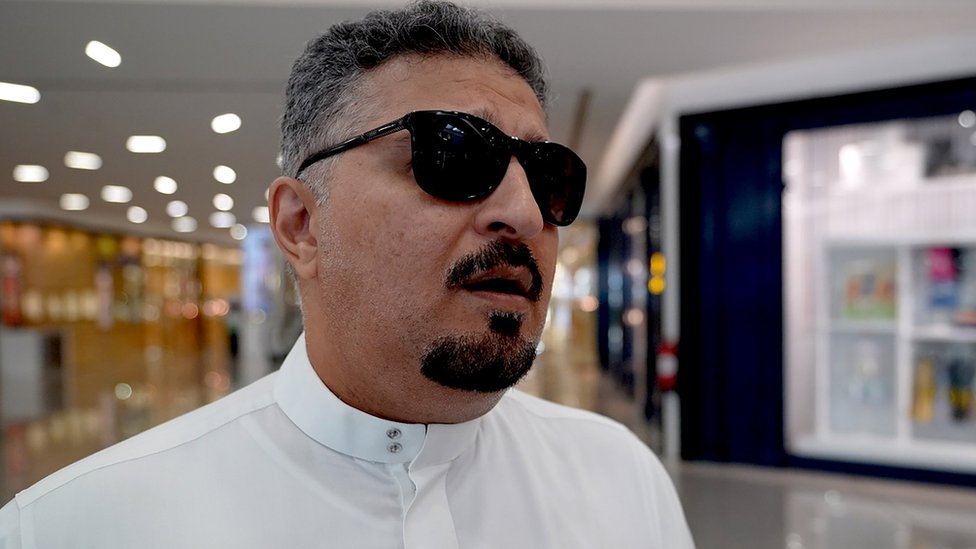
How do the Saudis see it?
So how does that resonate with the men and women of this realm? How do you feel about the president’s visit and his up-and-down relationship with the US?
In the cool of the Mall of Arabia, a refuge from the sweltering temperatures outside, I tried to find out.
Many people strolled past the gleaming storefronts and ate at the mall’s restaurants.
Most of them didn’t want to talk about the visit, and some said they just didn’t care.
But those who did were united by one concern: traveling.
“I haven’t visited the United States for ten years,” one man told me. “There are always problems getting a visa.”
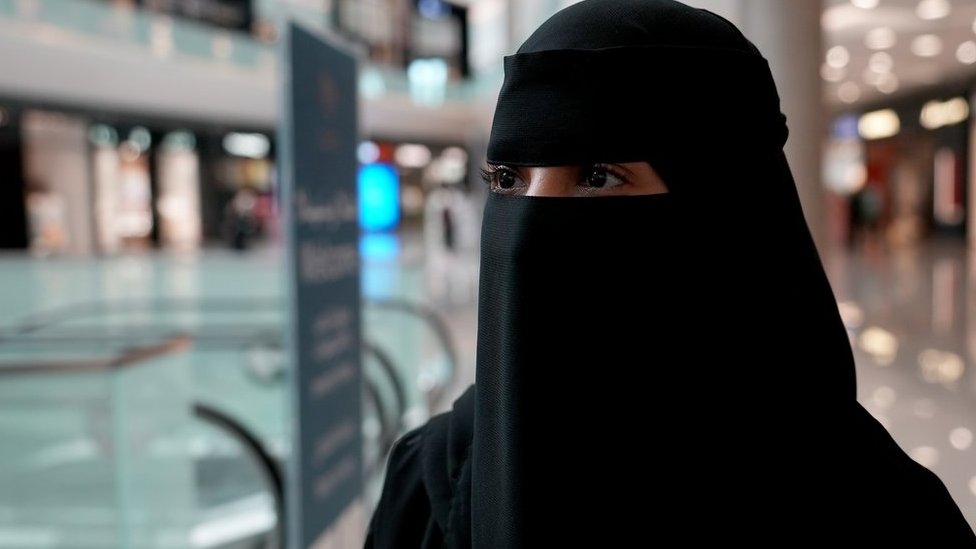
“I hope that the meeting will bring back the communication between us. The United States has always been a very good ally, but things have not been going well lately. I hope that this can solve any problems and make everything even better than before.”
“If we can travel and study there, it will be good,” explained Shatha al-Jamale. “If the relationship between the two countries is good, we will not be afraid to go there. Sometimes the Americans are afraid that we will go, some have a bad idea about my country, so I think this meeting is important for them to know that there is security.”
Critics allege that the first leg of Biden’s trip to the Middle East, Israel and the occupied West Bank did not yield any significant achievements.
If the president is able to persuade some of the world’s largest oil-producing countries to pump more crude and help lower the price, it will be seen as a victory by American voters.
But, so far, there is little sign that he will return with the prize that so many believe he came here for.
Now you can receive notifications from BBC World. Download the new version of our app and activate it so you don’t miss out on our best content.

